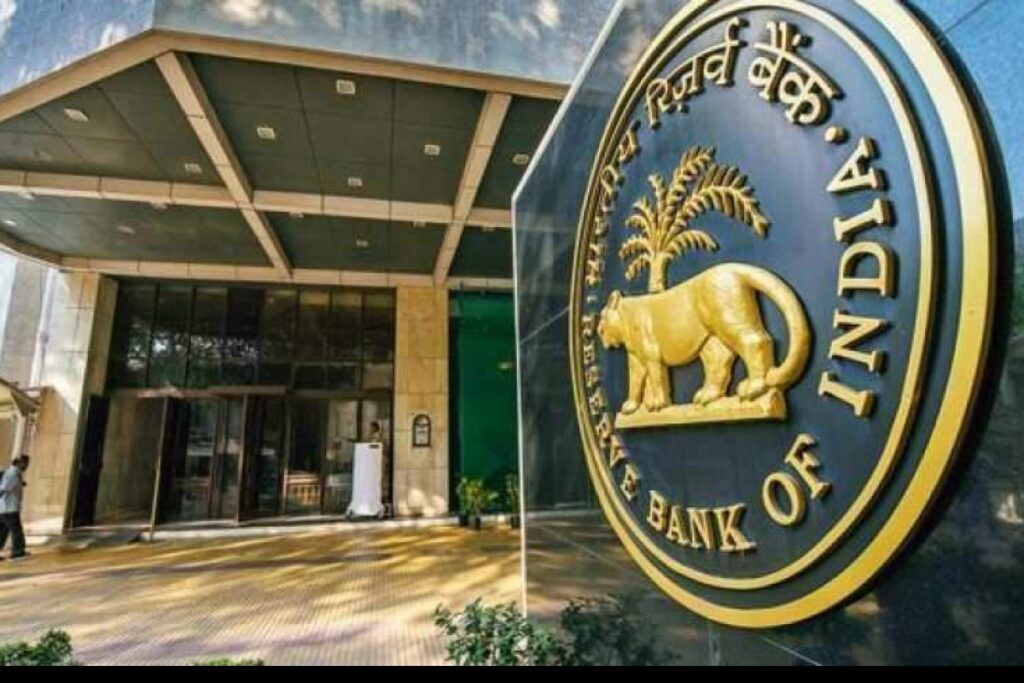The Reserve Bank of India (RBI) has opened up the sovereign bond market to individual investors in its effort to broaden the investor base and help the government fund its huge borrowing program.

What is the RBI Retail Direct Scheme?
In the February 2021 monetary policy meeting, the Reserve Bank of India (RBI) announced the RBI Retail Direct Scheme. As part of this scheme, by opening an account with the RBI, investors can purchase securities such as Treasury Bills, Dated Securities, Sovereign Gold Bonds (SGB), and State Development Loans (SDLs). They can buy securities from the primary market and also buy and sell them in the secondary market. The account will be called Retail Direct Gilt (RDG) Account.
RBI seeks to provide investors with an easy and secure platform. As of now, investors will not be charged any additional fees for the services provided under the scheme.
The same can be accessed at https://www.rbiretaildirect.org.in/
Past Efforts by RBI To Increase Bond Market Participation
Bonds haven’t been as successful as equities in attracting individual investors around the world. However, countries like Japan, the United States, and Brazil have used domestic retail bond markets to fund their development.
The RBI has made several initiatives to broaden the investor base in government bonds. In the recent past, the Central Bank allowed greater foreign investor participation through a ‘fully accessible route’ for investment by removing numerous restrictions from certain securities.
Earlier, individual investors could buy a minimum lot of sovereign debt worth Rs. 10,000 only through the non-competitive segment of primary auctions held every Friday. A non-competitive tender is an offer to purchase government bonds by non-institutional investors. The investors did not participate in formal auctions. Instead, they bought at the market price set by other participants. The current RBI- Direct Scheme, gives investors direct access to the government securities market and allows them to participate in auctions.
The Central Bank is also expected to approach the Union Government to secure tax incentives for retail investments in sovereign assets via the Retail Direct Scheme (RDS). This has the potential to make the scheme more appealing to investors. So far, investors have had the option of purchasing sovereign bonds through debt mutual funds, which also provide indexation benefits, lowering the tax payable on investment gains.
Rising Interest Rates
The move comes at a time when rising inflation is adding pressure on the Reserve Bank of India to lift rates. The Central Bank is projected to tighten monetary policy to weaken bond demand. It will make the government’s near-record borrowing programme more difficult to implement. RBI- Direct Scheme provides an incentive for the government to raise funds from citizens to support its deficit.
Yields on India’s benchmark 10-year government bonds have risen in the past five months amid surging inflation. The yields fell slightly after the Central Government cut taxes on retail fuels.
Interest rates have bottomed out and are expected to go up. Rising interest rates could make it difficult for the RBI to manage the government’s borrowing programme. Bond prices and yields are inversely related. Once the Central Bank begins hiking interest rates, bondholder returns will decline. Therefore, allowing ordinary investors greater access to the market is a significant step toward diversifying the investor base.
Conclusion
In India, government fixed-income products, such as small savings schemes, provide superior returns with similar tax arrangements.
However, the situation is different in the case of Bank Fixed Deposits. Currently, FDs provide lower rates and carry a higher risk than government bonds. The DICGC scheme provides insurance of up to Rs 5 Lakh per investor for Fixed Deposits. On the other hand, Government Securities have a sovereign guarantee by the Government of India. Therefore, retail investors may be inclined to venture into direct investing in Gilts.
Banks currently hold the majority of government securities. As credit demand rises, banks’ holdings of government bonds may decline. With the growth in retail participation, government securities will become more market-oriented with a diversified investor base. The management of debt will require significant challenges.
Finally, Indian equity markets have performed well after the correction during the pandemic. If investors start investing in bonds heavily then Banks will be forced to increase their rates. Eventually, this might cause an increase in the cost of capital for businesses.
Subscribe to our Newsletter to get exciting content delivered to your Mailbox!





